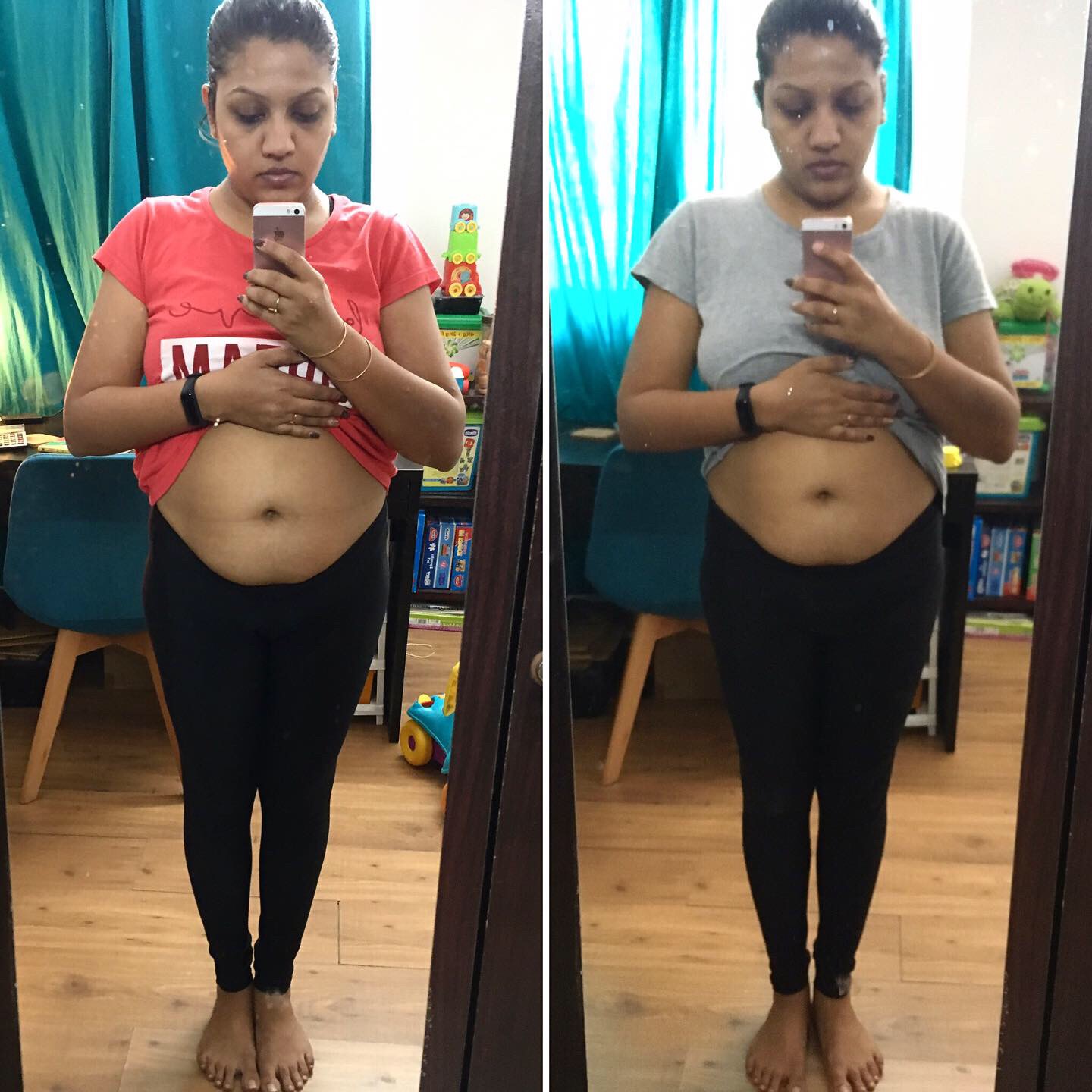
Both cardio and weight training are essential for weight loss. Cardio exercises can increase metabolism and reduce calories. Strength training, on the other hand, helps to burn fat and maintain muscle mass. The best way to get the most from both forms of exercise is to balance the two to see the most benefits. Continue reading to discover the many benefits of strength training for weight reduction. You may be surprised by the results of both types.
Exercises that combine multiple exercises speed up muscle growth and fat reduction
Complementary exercises are a great way to increase muscle mass and fat burn during strength training for weight loss. Many of these exercise targets multiple muscle groups simultaneously. If you do these exercises correctly, your results will be quicker. To accelerate your results, here are some compound exercises.

Resistance training increases post-exercise oxygen consumption
Resting is a big part of the body's energy expenditure. This is why it is crucial to increase the REE for weight control and promotion of your health. The guidelines for weight reduction and fitness now include resistance exercise. This exercise increases post-exercise oxygen use (EPOC), by increasing muscle mass in the long-term. It can also help with weight loss and improve overall health.
Strength training improves posture
Poor posture affects more than just your physical health. Your mental health is also affected by poor posture. Research published in Health Psychology showed that those who are able to maintain a good posture have higher self-esteem and lower levels of fear. They also experience better mood. While strength training, perform exercises that strengthen the muscles which pull you up from a slumped position. They include the mid and lower-back muscles, shoulder external rotators, and neck extensors. You can also strengthen your core muscles, glutes, back muscles, and lower back.
It improves metabolism
Strength training increases your metabolism. Lifting weights raises your heart rate and means your body uses more fuel. Muscle's metabolic rate is high, so it can burn fat and calories even while you are at rest. After intense weight training, your metabolism stays elevated for hours. This phenomenon, known as excessive post-exercise or oxygen consumption (EPOC), is called "excessive post-exercise"

It burns calories
Exercises involving weights and weight training have a twofold benefit: building lean muscle and reducing body fat. Lean muscle is highly metabolic and burns more calories than any other type of tissue. Strength training also stimulates EPOC, or excess post-exercise oxygen consumption. This process continues for up to 38 hours after your workout. Contrary to cardio, strength training can continue to burn calories after your workout is over.
FAQ
Are there side effects to intermittent fasting
There are no known negative side effects of intermittent fasting. However, if you don't plan properly, you might experience some minor issues.
If you skip breakfast, for example, you may feel constantly irritable. Headaches, dizziness, fatigue and muscle cramps are all possible.
These symptoms are usually gone within a few days.
How long should I do Intermittent fasting to lose weight?
It is not as easy as you think. A number of factors need to be considered when determining how many days of fasting are needed for optimal fat loss. These include:
-
Your age. If you are younger than 40, intermittent fasting might be too difficult because you have less time for recovery after each fast. You may not have enough energy for a sustained period of daily fasting if you are older (over 60).
-
Your current body composition. You'll be most successful if you have lots of muscle mass. For those with less muscle mass, however, you may be able to benefit from shorter fasting times.
-
How physically active. To ensure adequate rest between workouts, you might need to extend your fasting period if you exercise frequently.
-
Your medical history. Additional fasting monitoring may be required for certain medical conditions such as diabetes or heart disease.
-
How do you handle stress? Stress can often lead to us eating more. You might need to lengthen your fasting windows in order not to have this problem.
-
The type of diet you follow. Certain diets, like ketogenic diets, may require even longer fasting periods.
-
How much sleep you get. Lack of sleep has also been linked to increased appetite and decreased metabolism. It may take some trial and error before you find the right combination.
-
The amount of protein you consume. Protein stabilizes blood sugar levels. Therefore, eating more protein could result in lower insulin levels. This would allow for you to fast more often.
-
It doesn't matter if you want to gain or lose fat, those who are trying for weight gain will often require longer fasting periods.
-
What proportion of calories do your fasting hours allow you to consume? Fasting fewer calories per day may result in greater fat loss than fasting for more calories per day.
-
Your overall fitness level. People who are fit and fast burn more calories per day.
-
Your gender. Men are more hungry than women so they may have to fast for longer periods. Women generally have smaller appetites, so they may only need to fast for about 20-30 minutes every morning.
-
Your lifestyle. Do you exercise a lot? Do you work out several times a week? Is your job a long, sedentary one? All of these things can affect the amount of time you should fast.
-
How much money are you willing to spend on food? Eating healthy foods doesn't necessarily mean spending much money on groceries. It's possible to save money by purchasing whole grains rather than white bread, fruit instead of candy bars, lean meats instead fatty cuts, and fruits instead of candy.
-
You need to be able to control your hunger. You may not have to fast as often if it is important to eat regularly.
What is the best type of exercise for busy people to do?
Doing exercises at home is the best way to stay in shape. You do not need to join a gym. You can do simple exercises at home without spending much money on equipment.
You just need to have a pair of dumbbells, a mat, a chair, and a timer.
It is important to be consistent in your exercise routine. If you miss a few days, then you may lose all motivation.
Start by lifting weights 3x per week. This could be squats and lunges as well push-ups, pull ups, pull-ups (dips, curls), etc.
Once you have mastered these basic movements, you can move on other types of exercises such as running, jumping rope, skipping, yoga, Pilates, dancing, cycling, swimming, weight training, tennis, golf, hiking, basketball, football, soccer, volleyball, badminton, squash, etc.
You should choose an exercise program that suits your life. Avoid exercises that demand too much energy if you work long hours.
If you are a night owl, then you should consider exercising during the evening rather than early morning.
Be aware of your body and rest when you feel tired.
What can I eat while on intermittent fasting in order to lose weight?
You can lose weight by cutting out carbs. This means that you should cut out carbohydrate-based foods like bread, pasta and rice.
Also, you should avoid eating too many protein as it can make you feel fuller for longer. This will ensure that you don't feel hungry as frequently.
Instead, focus on foods that contain healthy fats, such as olive oil, avocado, nuts, and seeds. These foods will keep you full for hours after you eat them.
It's important to make sure you're drinking plenty of water, too. Water helps you stay hydrated, which makes it easier to burn fat.
It is possible that you will find yourself craving these foods while you are fasting. However, you don't have the right to succumb to these cravings. You might gain more weight if you do.
You can avoid overeating by being mindful of how much water you consume each day. If you feel hungry, drink water and not reach for another snack.
Although it might seem counterintuitive, this is actually proven to be a great way to lose weight. One study published in Obesity showed that plain water was more nutritious than sugary drinks.
Drinking plain water also reduced hunger. So if you really want to lose weight, skip the sweetened beverages and stick to water.
Weight loss doesn't require you to restrict your intake of calories or eat less. Focus instead on small changes in your lifestyle.
For example, you can start by swapping your usual breakfast sandwich for a bowl of oatmeal. Consider swapping out your afternoon cookie in favor of a piece if fruit.
These easy changes can help you lose weight and keep your kitchen clean.
Is cardio a way to quickly lose weight?
Cardio exercises are great at burning calories but don't help you lose weight. It all depends on how many calories you've stored and what type exercise you do.
Cardio exercises may not work if you are obese.
You need to combine them with dieting and other types of exercise.
You can lose weight by running or jogging. These cardio exercises burn more calories than any other type of exercise.
However, if you want to gain muscles instead of losing fat, you must perform resistance training. Resistance training involves using free weights, machines, bands, elastic bands, etc.
Combining cardio exercise with resistance training is a great way to lose weight quickly.
For fast weight loss, combine resistance and cardio training.
Statistics
- According to a study sponsored by the American Council on Exercise, a person weighing around 140 pounds (64 kg) would burn 108 calories at a 30-minute beginner's Pilates class or 168 calories at an advanced class of the same duration (26). (healthline.com)
- One study in 9 active men found that HIIT burned 25–30% more calories per minute than other types of exercises, including weight training, cycling, and running on a treadmill (18Trusted Source (healthline.com)
- According to Harvard Health, it's estimated that a 155-pound (70-kg) person burns around 167 calories per 30 minutes of walking at a moderate pace of 4 mph (6.4 km/h) (5). (healthline.com)
- It's estimated that half of all American adults attempt to lose weight every year (1Trusted (healthline.com)
External Links
How To
How to lose weight quickly
There are many quick ways to lose weight. Most people find these methods ineffective and not sustainable. You can lose weight fast by exercising and dieting. Eat fewer calories daily than what you burn. This means eating less calories than you burn during your normal activities. It is important to decrease your calorie intake in order to lose weight quickly.
Because they can increase your appetite, you should avoid eating foods with high amounts of sugar and fat. Make sure to drink lots of water every single day. It helps keep you hydrated and keeps your metabolism running at its peak. You'll get results quicker than you ever imagined if you combine all three of these things.